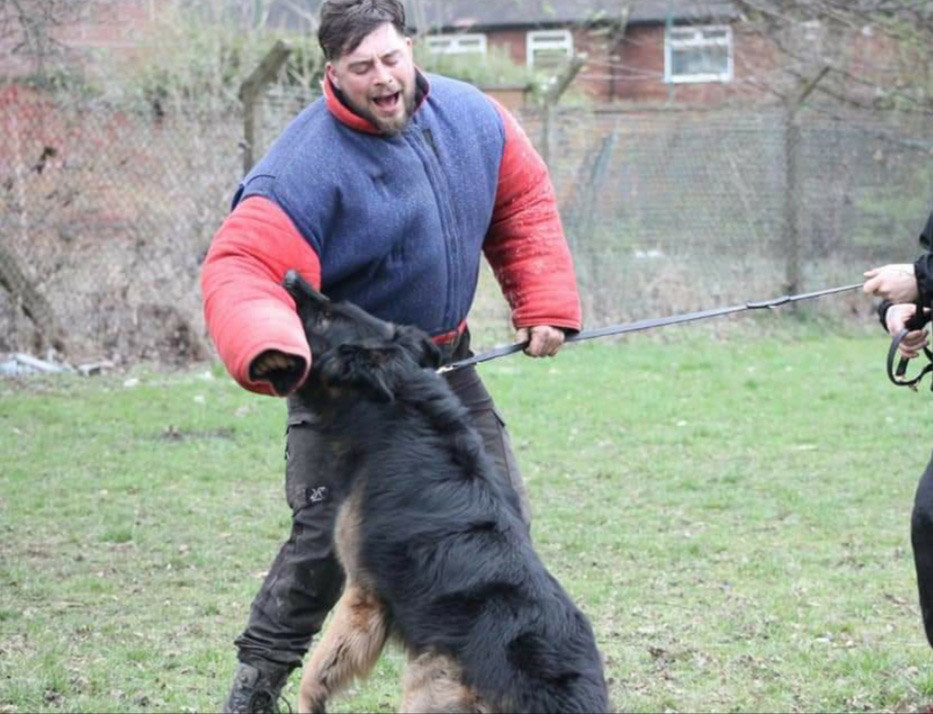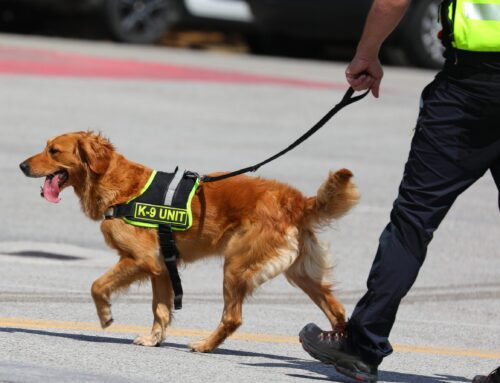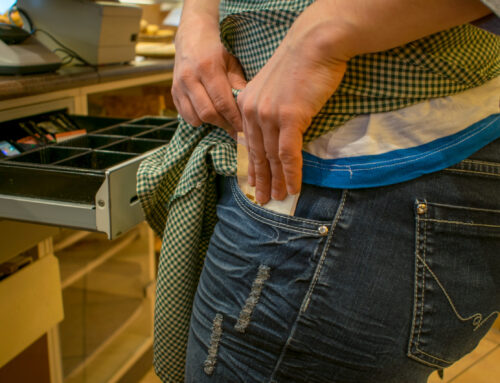There is absolutely no doubt that canine security is an extremely effective form of security in many difficult situations. But while it is important to understand that dogs have some very strong attributes that are very useful in security situations, they also have some weaknesses in certain circumstances where human intervention and a normal security guard would be more useful. Having said that, according to the Guard Dogs Act 1975 it is illegal to have unmanned security dogs on a site, so there will always be a human dog handler with the dog who is trained to communicate and handle certain situations. This means that if you consider the question; can you resolve any difficult situation with canine security? The answer is yes, but you do sometimes require the human intervention of a dog handler as well as the dog.
Let’s try and explain this by looking at the strengths and weaknesses of dogs as a single entity, and relating these to security situations.
The strengths of dog security
Because dogs have a very sensitive sense of smell and can be trained to detect certain smells, they are very good at drug detection and for finding specific things, such as weapons, other substances or even people. Where detection is required in a large crowd (in a queue of people or in a busy airport for example) a dog’s detection skills makes the search for substances such as drugs much faster and more effective than if a human was carrying out the same job. Furthermore, there are legal complications in how people can be physically searched by a person, so it is much simpler to use a canine for this.
Another strength of the dog is that they act as a deterrent. So if someone who had drugs or another substance on them saw the dog’s presence, they may choose to leave the scene or dispose of what they were carrying.
Dogs can also be trained to react well to aggression and therefore can prevent or stop aggression taking place. This can be useful at events, protests or in situations where there is unwanted encampment or trespass and a site eviction may be required.
Situations where canine security requires human intervention
While dogs can be trained to protect people, to act as a deterrent or to detect substances or people with their sense of smell, these are single commands which are easily understood and acted upon by the dog. Where dogs are not as useful is where a situation develops and changes, or where a decision needs to be made.
So this could be where admission to a site or building is controlled by a list of names which needs to be checked, or where negotiation with a group of people needs to be undertaken to prevent a situation escalating. If there is an unwanted encampment on a site then a prohibition order may need to be issued. These are all situations the dog can’t deal with, but their handler can.
A dog and its handler are a team
In situations where control needs to be maintained through communication, the dog relies on its handler to undertake this two-way process. But in situations where there is a single command that the dog is trained to understand and act upon, the dog has far superior qualities than a human. This is why it is important to view canine security as a team, and to understand that the dog and its handler each brings significant qualities, but overall the team is SIA-licenced and fully trained for the eventualities you face, and therefore can resolve any difficult situation.
If you contact React K9 we can discuss your event or situation with you and agree upon the best course of action. We can carry out a risk assessment and make recommendations on the type of security you need. In some cases you may need a team of canine security or a single dog and its handler, but in all cases we can supply you with canine security appropriate to your situation, so contact React K9 today and we can look after all your canine security needs.




